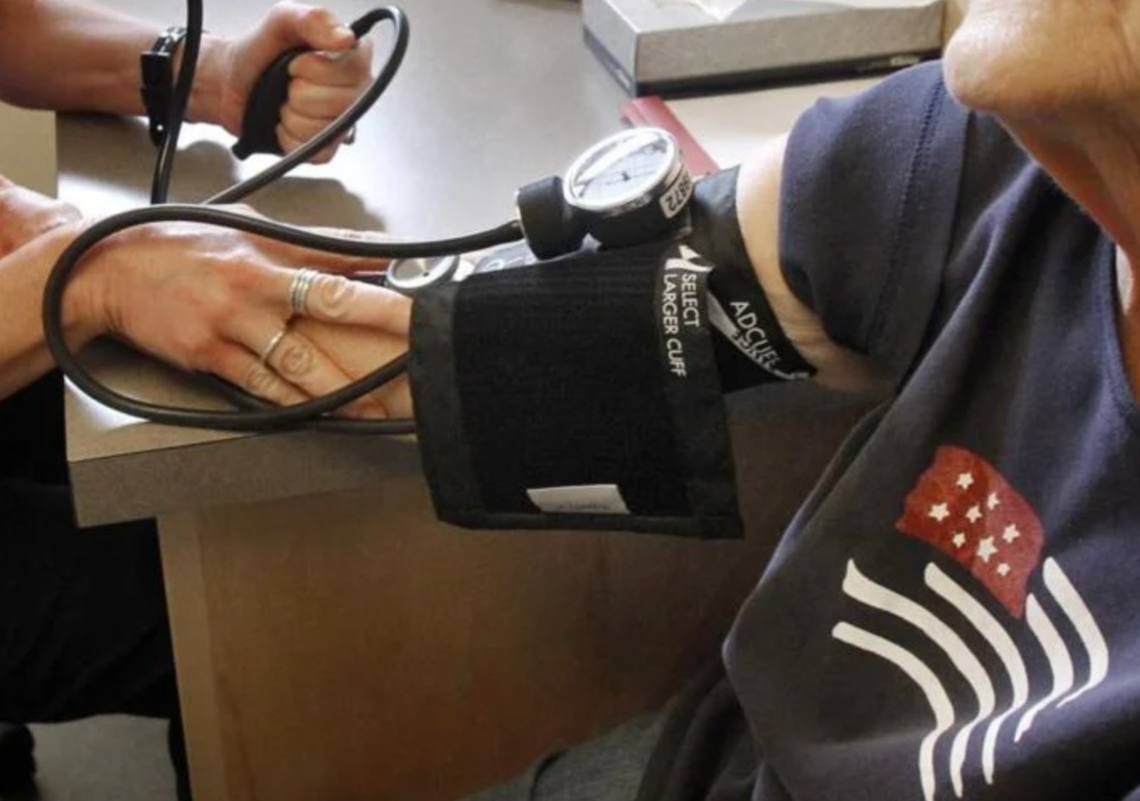Affordable Care Act enrollment hit record highs in Arizona, U.S. in 2023

WASHINGTON – Affordable Care Act enrollment surged to new highs in Arizona and the nation in 2023, as people shifted away from pandemic-era health coverage and the Biden administration continued to push for the program.
Data released Wednesday by the Centers for Medicare and Medicaid Services said more than 21.3 million Americans enrolled last year for 2024 coverage, up from 16.6 million the year before. The number of Arizonans covered by the ACA – also known as Obamacare – rose more than 110,000 during the year, to 348,055.
Both were records, and a sharp rebound from lows set during the Trump administration.
“The (Biden) administration has made it a real priority to improve healthcare in general,” said Morgan Finkelstein, the state director for Protect Our Care Arizona, before Wednesday’s numbers were released. But she said “both nationally and in the state of Arizona enrollment has been considerably higher.”
The ACA was signed into law in 2010 and took effect in 2014. The law expanded benefits and required that people get health insurance as an incentive to insurance companies to participate, and also set up a federal marketplace where people could shop for insurance, which was heavily subsidized for lower income Americans.
Enrollment surged in the first few years, but fell under President Donald Trump who had campaigned against the program and who cut support services and shortened enrollment periods, among other actions.
That changed under President Joe Biden, who opened a special enrollment period shortly after taking office. His administration also expanded funding coverage under the ACA, which has been steadily growing.
“A big piece of this was the Inflation Reduction Act and the improved subsidies included in that. Folks can now find a plan for less than $10 which means the Affordable Care Act is actually affordable now,” Finkelstein said.
Other experts pointed to the end of the federal public health emergency for COVID-19, which meant an end to additional funding that had been sent to states to help them keep people on their Medicaid rolls.
While the emergency was in place, states “would be eligible for additional federal money with the requirement that states did not disenroll most people from Medicaid,” said Heidi Capriotti, a spokesperson for the Arizona Health Care Cost Containment System, the state’s Medicaid program.
“So, during the three years of the public health emergency, while AHCCCS continued to run renewals on our members, we did not disenroll most members,” Capriotti said.
Once the public health emergency was over, however, Arizona started disenrolling Medicaid recipients who were no longer eligible for coverage. Capriotti said AHCCCS steered those people toward the ACA marketplace.
“If someone was determined factually ineligible, meaning financially they no longer qualify … we referred them to the (ACA) marketplace,” she said. “For members we felt might be eligible for the marketplace we actually alerted the marketplace that we had a former AHCCCS member who we thought might be eligible so they would be able to reach out as well.”

